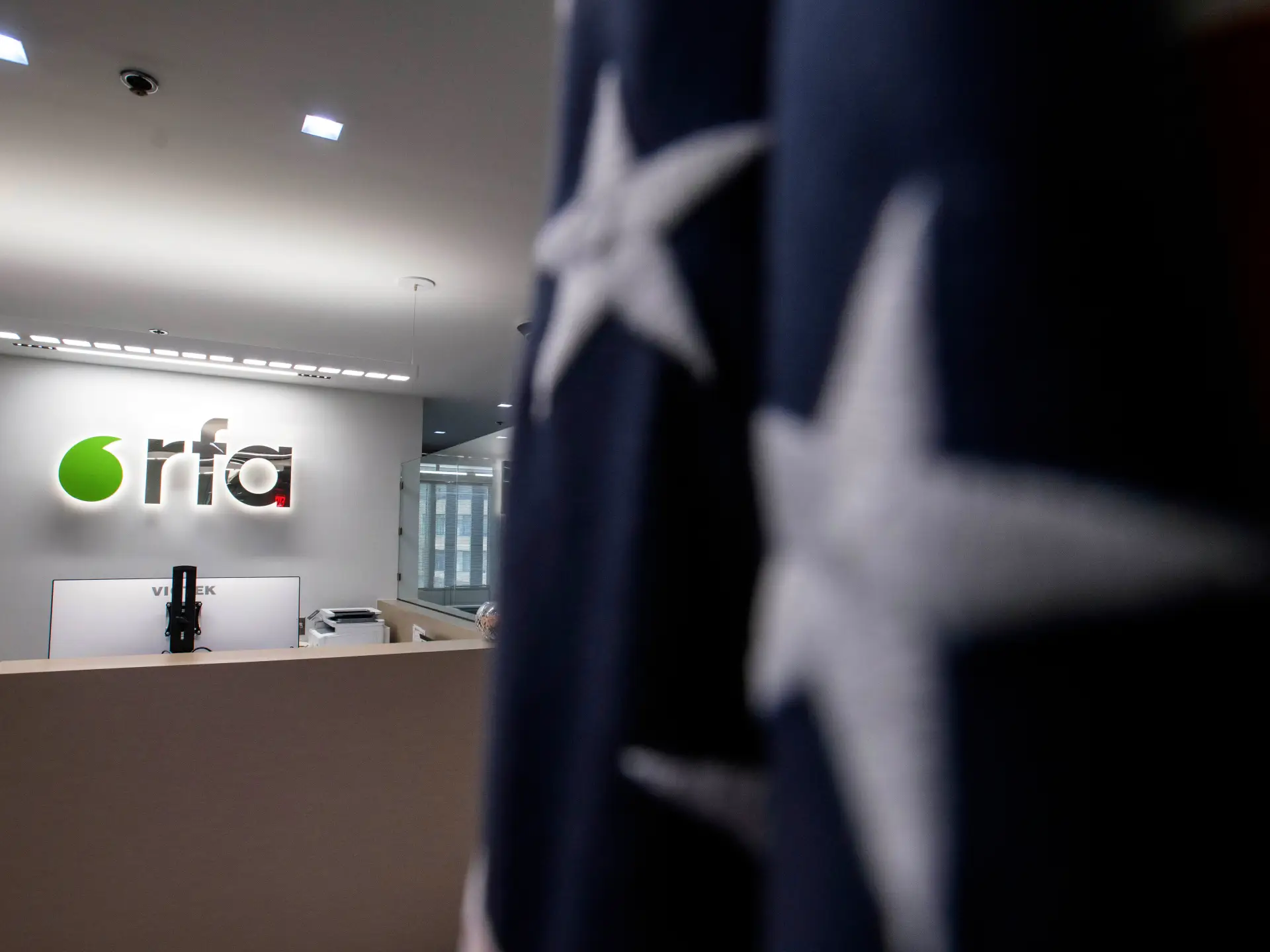Announcing the move, staff at the outlet said ‘authoritarian regimes are already celebrating’ its potential demise.
Radio Free Asia (RFA) will shut down its news operations on Friday, citing the government-funded news outlet’s dire financial situation caused by funding cuts under President Donald Trump’s administration and the ongoing US government shutdown.
Bay Fang, RFA’s president and CEO, said in a statement that “uncertainty about our budgetary future” means that the outlet has been “forced to suspend all remaining news content production”.
Recommended Stories
list of 3 itemsend of list
“In an effort to conserve limited resources on hand and preserve the possibility of restarting operations should consistent funding become available, RFA is taking further steps to responsibly shrink its already reduced footprint,” she said on Wednesday.
Fang added that RFA would begin closing its overseas bureaus and would formally lay off and pay severance to furloughed staff. She said many staff members have been on unpaid leave since March, “when the US Agency for Global Media [USAGM] unlawfully terminated RFA’s Congressionally appropriated grant”.
On March 14, Trump signed an executive order effectively eliminating USAGM, an independent US government agency created in the mid-1990s to broadcast news and information to regions with poor press freedom records.
Alongside RFA, USAGM also hosts sister publications Radio Free Europe/Radio Liberty (RFE) and Voice of America (VOA).
Following March’s executive order, RFA was forced to put three-quarters of its US-based employees on unpaid leave and terminate most of its overseas contractors.
Another round of mass layoffs followed in May, along with the termination of several RFA language services, including Tibetan, Burmese and Uighur.
Mass layoffs also took place at VOA in March when Trump signed another executive order placing nearly all 1,400 staff at the outlet – which he described as a “total left-wing disaster” – on paid leave. It has operated on a limited basis since then.
Trump has said operations like RFA, RFE/Radio Liberty and VOA are a waste of government resources and accused them of being biased against his administration.
Since its founding in 1996, RFA has reported on Asia’s most repressive regimes, providing English- and local-language online and broadcast services to citizens of authoritarian governments across the region.
Its flagship projects include its Uighur service – the world’s only independent Uyghur-language outlet, covering the repressed ethnic group in western China – as well as its North Korea service, which reports on events inside the hermit state.
An announcement penned by RFA executive editor Rosa Hwang, published on the outlet’s website on Wednesday, said, “Make no mistake, authoritarian regimes are already celebrating RFA’s potential demise.”
“Independent journalism is at the core of RFA. For the first time since RFA’s inception almost 30 years ago, that voice is at risk,” Hwang said.
“We still believe in the urgency of that mission – and in the resilience of our extraordinary journalists. Once our funding returns, so will we,” she added.
RFE/Radio Liberty, which went through its own round of furloughs earlier this year, said this week that it received its last round of federal funding in September and its news services are continuing for now.
“We plan to continue reaching our audiences for the foreseeable future,” it said.
It’s not immediately clear why RFA and RFE/Radio Liberty – which share the same governing and funding structure, but are based in the US and Europe, respectively – are taking different approaches.
